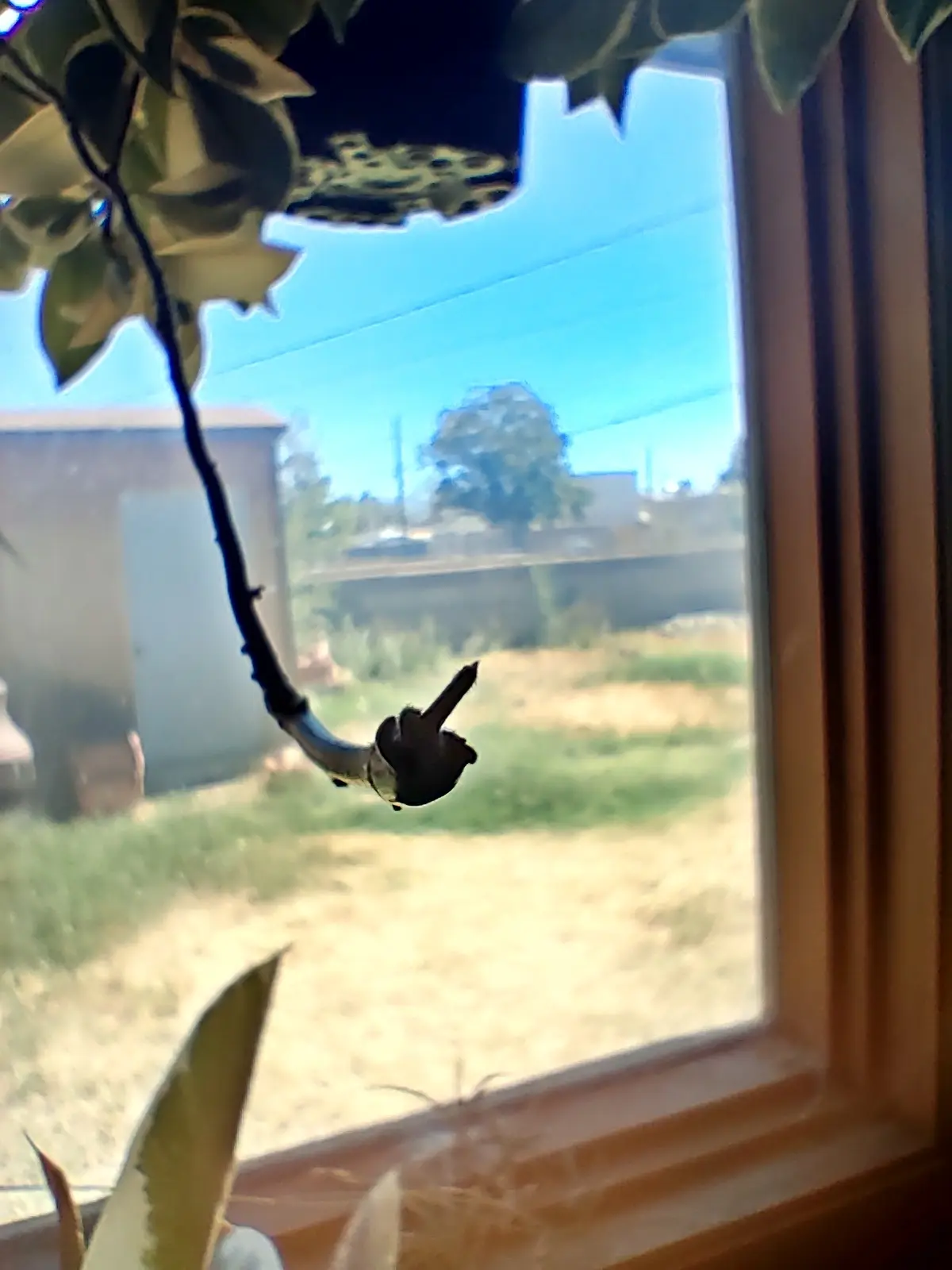I've been using nextcloud apps since setting up a home server, Deck has been pretty useful for me for compartmentalizing my work tasks. There are a lot of different apps you can set up, including a workspace clone, but none of them I would say are worth it unless you want to use nextcloud in the first place. There are ways to sync nextcloud with Google drive, but I haven't tried it yet. If you have a raspberry pi you can install nextcloud using the nextcloud pi install script pretty easily. I ran it on a pi 4 without any issues for a few weeks before migrating it to an old nuc.
Cenzorrll
At least 2 miles
I would think that you could leave a Rosetta Stone with directions on how the data is stored and read. It wouldn't take much, I think. "These glass things contain information, here's how it is encoded. Here's the requirements on reading these". You could start off simple and have a rudimentary one that can be deciphered by hand that describes how to make a device that can quickly pull information from a few others that give directions on how to build another device to read the high capacity ones. You don't need a specific filesystem or computer to read it, you just need to know how to decipher it and that it IS data stored in a certain way, not just cool looking glass art.
If your floorboards are visible in the ceiling you'll want to put up some drywall or something on the ceiling, every time someone walks on the floor above, some dust will get knocked loose and fall from the ceiling. You could put up some drop cloths as well for a quicker, less permanent solution.
Methane is produced by methanogens in landfills, methane is not really part of the carbon cycle. The cycle itself isn't self contained, so all the carbon dioxide and methane join all the rest in the atmosphere. We want to reduce any greenhouse gas sources as much as possible, whether it's "carbon neutral" or not.
They can't just use any type of sand for construction, beach sand is out of the question as it's not rough enough. It's coming to the point that it's hard to find sources of sand that don't have negative ecological impacts, so replacing that component with something else is a good idea.
I'd be willing to guess that they already tested using bio char as a replacement and saw that it worked well in concrete, then started looking at waste sources of starting material that had sandy texture, then boom coffee grounds.
No, 4kwh is about the daily amount of sun hitting 1 square meter. Solar panels can capture about 20% of that
If I understand many of my colleagues gripes about their days in graduate school, the PI basically told them to make it work, so they did. Either by manipulating procedures, using the one study out of 5 that worked, or by photoshopping images. I'd say manipulation is absolutely rampant in his lab, this is just one way they were doing it and they got caught.
Saying "it's 2023" has no bearing on what is possible, seeing as how our society just lost 50 years of federally protected health and privacy rights. It's 1972 to half the population now, not 2023.
Your argument "don't do anything illegal and you won't have anything to hide" is worthless to the half the population that had their rights to make their own health decisions stripped away from them.
Your statements are the Mason guy of the 40s anti-fascist propaganda.
https://www.youtube.com/watch?v=rJriMuVEPMY&pp=ygUQRG9udCBiZSBhIHN1Y2tlcg%3D%3D
You're right, it's 2023 and Roe v. Wade was recently repealed, what do you think about that?

So what are the vulnerabilities in Signal? And how is Olvid better?